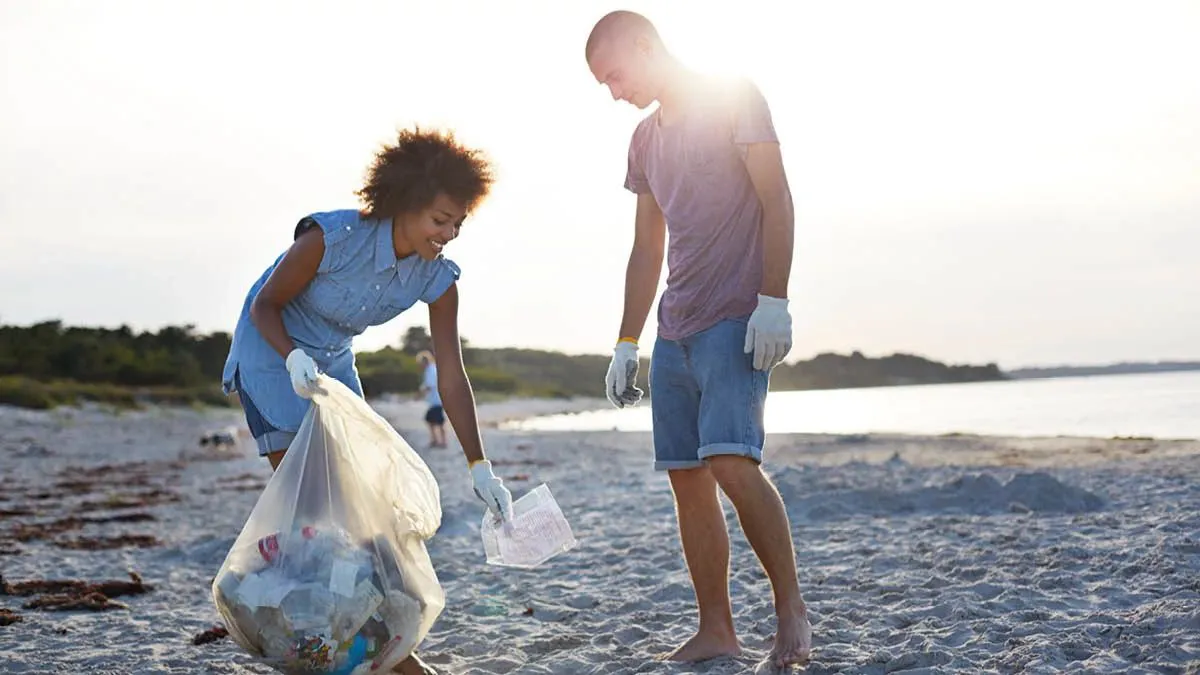- Para proveedores
-
Particulares y familia
- Soluciones para particulares
- Particulares residentes en España
Empresas
- Soluciones para pymes
- Soluciones para grandes empresas
- Empresas en España
OIG/ONG
- Soluciones para OIG/ONG
Particulares y familia
Destinos principales con nuestra cobertura
Seguro de salud para expatriados
- Dentro de Expat Health Hub
- Guía para seguro de salud internacional para jubilados
- Guía para seguro de salud internacional para trabajar en el extranjero
- Información sobre el seguro de salud para expatriados
- Guía para seguro de salud internacional para estudiantes
- Trasladarse al extranjero estando embarazada
Elegir un seguro de salud
- Seguro de viaje frente a Seguro de salud internacional
- Elegir un seguro de salud
Guías de países
- Guías de países
Preguntas frecuentes
- Preguntas frecuentes
Empresas
Prestaciones de salud globales Europa
- Planes de salud para empresas
- Plan de Cigna Inspire
2 - 149 Empleados
- Planes de salud internacionales
Grandes empresas
- Planes de salud para empresas
Recursos para asegurados
- Documentación e información
- Lista de fármacos con prescripción de los EE. UU.
Cliente
- Área de empresas
OIG/ONG y Gobiernos
Funcionarios públicos
- Funcionarios públicos
Recursos para asegurados
- Preguntas frecuentes
- Cigna Health Benefits App
- Información del producto del seguro
Cliente
- Área de empresas
Temas
Particulares y familia
-
Tipos de cobertura
-
Dónde tenemos cobertura
-
Recursos
- Dentro de Expat Health Hub
- Guía para seguro de salud internacional para jubilados
- Guía para seguro de salud internacional para trabajar en el extranjero
- Información sobre el seguro de salud para expatriados
- Guía para seguro de salud internacional para estudiantes
- Trasladarse al extranjero estando embarazada
- Seguro de viaje frente a Seguro de salud internacional
- Elegir un seguro de salud
- Guías de países
- Preguntas frecuentes
-
Para asegurados
Empresas
OIG/ONG y Gobiernos
Blog
Para corredores de seguros
Why we all need to try ecotherapy
Why we all need to try ecotherapy
Woodland walks, community gardening and conservation volunteering - dust off your wellies and let nature nurture your mental well-being
Studies show that ecotherapy - a holistic, therapeutic practice that calls for outdoor activities - offers great benefits to our mental health. But what is it, exactly, and how does it work?
What is ecotherapy?
Ecotherapy stems from the belief that humans are part of an ecosystem - that our mental and physical health is connected to that of the Earth [1] and that by taking part in regular, structured activities in a green environment, we deepen our connection to nature and boost our well-being.
A form of therapeutic treatment, either informal or led by trained professionals [2], ecotherapy encourages us to focus on an organised group activity, experiencing and exploring the natural world and interacting with the local community. Best of all? It’s often free, and can be practised no matter where you live.
So how does it work?
‘During outdoor therapy, both nature and human beings serve as therapists, assisting the client toward healing,’ write James K. Summers and Deborah N. Vivian in their study on the significance of the ecosystem model [3]. This idea of reconnection aims to remind us that we are a part of our environment, as opposed to a separate entity. Think about the way you feel when pottering about in the garden, when birdsong is the backdrop of your countryside hike or when you share a meal alfresco - experts believe that our brains are quite literally hardwired to seek a connection with nature (a phenomenon known as biophilia). It’s believed that our well-being can take a knock if we don’t take the time to foster this connection.
What are the benefits?
Scenes of nature alone have been proven to increase the production of serotonin [3] - the ‘happy hormone’ - and helps us foster positive thoughts. But according to mental health charity Mind, ‘holistic treatment like ecotherapy delivers not only health benefits, but wider social benefits’. Paul Farmer, Chief Executive of Mind, writes that ‘ecotherapy improves mental well-being, helps people to become more physically active, it gives people the skills to get back into work or training, and it helps people who are lonely or socially isolated to broaden their networks’.
Taking part in ecotherapy, we can expect to feel rejuvenated, relaxed and more confident in ourselves just by spending time outside [4], but add to that the human contact element and you’ll find yourself less anxious, more mindful and in a better mood - as well as experiencing meditative-state brain waves [3] and enjoying the satisfaction that comes with giving back to the planet.

Sounds great, how can I get started?
There are plenty of ways you can get involved, both through informal practices and ecotherapy activities guided by professionals.
Animal-assisted therapy
Animals can offer an extraordinary amount of emotional support, offering a sense of peace and acting as an unbiased presence which can help in opening up. Building a relationship with horses, for instance, has been proven to help with impulse control and building confidence and empathy. Perhaps it’s no wonder, then, that horse therapy has been lauded for its value by the Father of Medicine himself, the ancient Greek physician Hippocrates [5].
Horticulture therapy
If you like to get your hands dirty, this one’s for you. Horticulture therapy is all about gardening, and has been shown to reduce stress, boost self-esteem, alleviate feelings of depression and even aid insomnia [3]. Plant your favourite fruit and veg, feature home-grown herbs in your cooking, keep a gardening journal, get creative with pressing flowers or give your houseplants some extra TLC - you can read more about the benefits of gardening here.
Green exercise therapy
Being active in the great outdoors alters physiological functioning, restoring mental fatigue and positively impacting physical health thanks to an increase of endorphins [6]. Consider joining a neighbourhood walking club, arrange a countryside getaway with friends and family or adjust your commute to swing by the park, and keep in mind that the effects of green exercise therapy can be enhanced with both duration and intensity [7].

Environmental conservation
Since spending time in nature reduces the production of the stress hormone cortisol [8], it makes sense that protecting our green spaces can boost our mental health. One-off beach cleanups, ongoing tree planting initiatives, helping out with wildlife surveys or starting a community garden are just some of the ways you look after the planet while improving your well-being.
Nature arts and crafts
Creating art in green spaces, using the environment as inspiration or incorporating natural materials into your crafts can bring about a sense of balance and grounding [9], encouraging a calmer state of mind as you immerse yourself in nature.
The list goes on, but the key takeaway is this: nature heals, and by deepening our connection to the Earth, we can reap the benefits.
¿Tienes alguna pregunta? Estamos aquí para ayudarte.
If you need expat health insurance alongside your travel insurance, we have options to suit your needs and budget.
[1] https://ies.bio/ecopsychology/what-is-ecopsychology/principles-of-ecopsychology/
[2] mind.org.uk/information-support/drugs-and-treatments/talking-therapy-and-counselling/ecotherapy/
[3] https://www.ncbi.nlm.nih.gov/pmc/articles/PMC6085576/#B86
[4] set-science.com/manage/uploads/ISAS2019-FDAS_0040/SETSCI_ISAS2019-FDAS_0040_0037.pdf
[5] https://www.verywellmind.com/equine-therapy-mental-health-treatment-4177932
[6] https://extremephysiolmed.biomedcentral.com/articles/10.1186/2046-7648-2-3#Sec9
[7] https://www.psychologytoday.com/gb/blog/body-sense/201009/green-exercise
[8] https://www.ncbi.nlm.nih.gov/pmc/articles/PMC3799530/
[9] https://arttherapy.org/eco-art-therapy-deepening-connections-natural-world/
Artículos relacionados
©Cigna 2025
This article serves only as a reference and is intended for informational purposes only. Nothing in this article constitutes legal, tax, financial planning, health or medical advice including diagnosis or treatment. Any reference to products or services offered by Cigna are available except where prohibited by applicable law and subject to terms and conditions. Cigna have no involvement in, nor are we liable for, any decisions and/or outcomes that are made or determined by FocusPoint International.
Contacta con nosotros
Tanto si quieres hablar con nuestro equipo comercial como si ya eres asegurado de Cigna y necesitas ayuda, estamos aquí para todo lo que necesites.
Información de contactoEnlaces populares
Recursos
© 2025 Cigna Healthcare. Todos los derechos reservados.
* Ten en cuenta que esto es una representación de las prestaciones disponibles y no contiene los términos, condiciones y exclusiones específicos de cada prestación. Las prestaciones pueden estar sujetas a cambios. Algunas prestaciones pueden formar parte de un módulo opcional. Consulta la Guía del cliente para obtener todos los detalles.
Este sitio web está proporcionado por Cigna European Services (UK) Limited, una compañía registrada en Inglaterra y Gales con domicilio social en 13th Floor, 5 Aldermanbury Square, Londres EC2V 7HR y número de registro 00199739. El nombre y el logotipo de Cigna Healthcare, así como otras marcas de Cigna Healthcare, son propiedad de Cigna Intellectual Property, Inc., con licencia de uso de The Cigna Group y sus filiales.
Al seleccionar estos enlaces, saldrás de Cignaglobal.com. Cigna Healthcare no controla el contenido ni los enlaces de los sitios enlazados.

